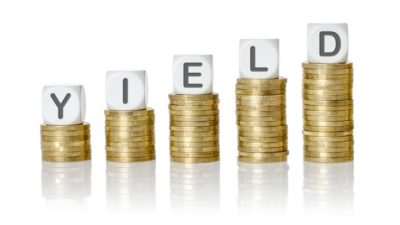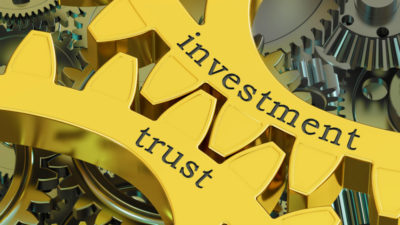Concerns regarding the health of Europe’s banks surged after Italy’s failed constitutional referendum near the end of last year, which prompted Prime Minister Matteo Renzi to announce his resignation. Despite some pundits claiming that the economic health of the Eurozone is improving, there are still considerable fears that it could experience another financial crisis, which would impact the global economy.
Now what?
At the heart of the matter is the health of Europe’s banking system. Economists and policy makers fear that there is risk of yet another banking crisis emerging in the European Union. Because of the size of the E.U.’s economy and its banks, many of which have a global reach, a crisis would spill over into the global economy, triggering a worldwide economic crisis.
Italy’s banks appear to be caught in the midst of a slow-motion crisis.
Nearly a fifth of all loans in the Italian banking system are classified as troubled loans, and with them valued at US$400 million, they make up roughly 40% of all bad loans within the Eurozone. What is more startling is that this represents approximately a fifth of the value of Italy’s GDP.
Meanwhile, Italy’s deeply troubled economy finds itself caught in a conundrum. Without healthy banks, it can’t recover, but without economic growth, the banks can’t generate earnings and improve the quality of their loan portfolios.
These problems are not restricted to Italy; the Eurozone’s largest economy Germany is wrestling with a potential banking crisis all of its own.
The country’s largest bank Deutsche Bank AG (USA) (NYSE:DB) was identified last year by the IMF as the world’s most dangerous bank. Not only does it have a balance sheet that is worth 50% of the value of Germany’s GDP, but it is estimated to hold up to $42 trillion dollars in high-risk derivatives, which is roughly 10 times the value of Germany’s GDP.
Because of its size, if Deutsche Bank imploded, the fallout would be tremendous both regionally and globally. Not only would it sharply impact Germany, but it would ripple through European banks, triggering a banking crisis that would cause further damage to the Eurozone’s already fragile economy.
Undoubtedly, it would spread across the global economy, triggering further crises among banks that have significant counterpart relationships with Deutsche Bank. It would cause financial markets to go into free fall and could be one of the many “black swan” events that would cause what some pundits are claiming is an overheated U.S. equities market to crash.
So what?
One of the best means of hedging against the impact of a European banking crisis is by investing in gold. Gold is perceived to be among the best safe-haven assets; it is negatively correlated to stocks and acts as a hedge against geopolitical and economic risk.
Among the best means of hedging against the risk of another financial crisis is by investing in precious metals streamer Silver Wheaton Corp. (TSX:SLW)(NYSE:SLW). It generates 49% of its earnings from gold and the remainder from silver. Unlike miners, it is a lower-risk investment but still offers the same levered exposure to precious metals prices.
You see, Silver Wheaton doesn’t engage in mining activities; instead, it provides funding to miners in exchange for royalties or the right to buy a portion of the precious metals mined at a price significantly lower than market prices. After pulling back by almost 29% over the last three months, it appears to be attractively priced and will provide a level of security against a potential banking crises.







